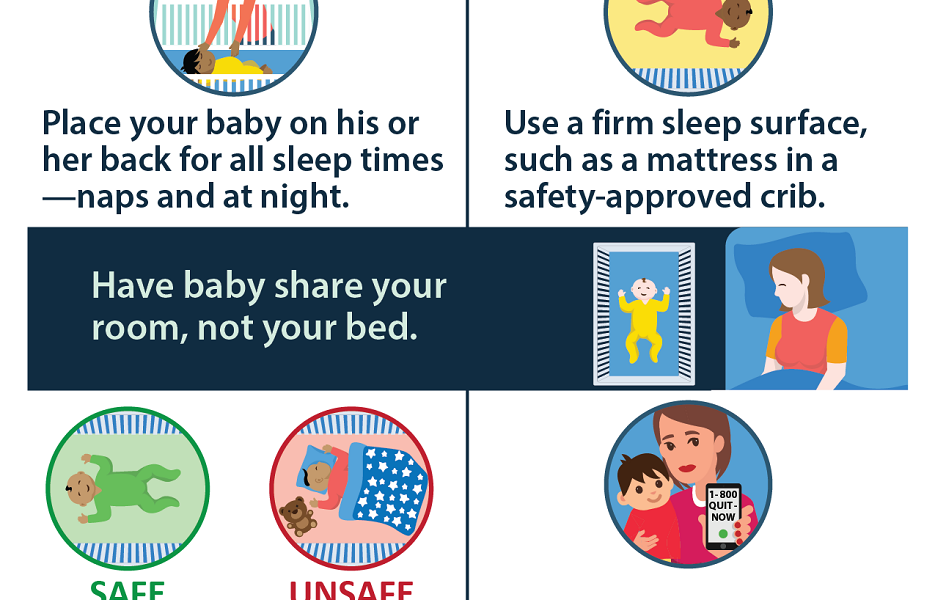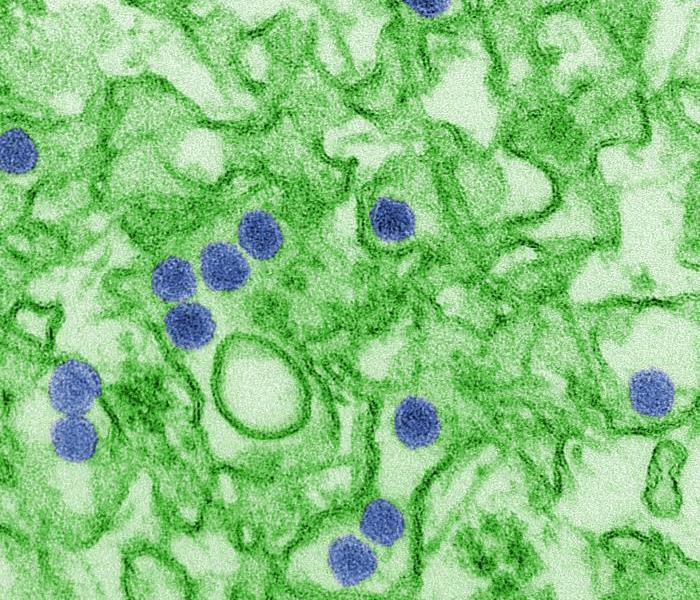Archives
When You Only Read the Abstract, You End Up Thinking That Vaccines Cause Sudden Infant Death Syndrome
Posted on December 30, 2019 3 Comments

Anti-vaxxers are spreading a new rumor, and so, here I am, screaming in the wilderness to see if anyone is paying attention. The new rumor is — as you may have guessed from my clever title to this blog post — that vaccines cause autism SIDS. SIDS (Sudden Infant Death Syndrome) is a syndrome in […]
Epidemiological Podcast S0E2: The Weight of the Evidence
Posted on July 12, 2017

On today’s podcast, I talk to you about a recent tragedy in our family and how it helped me understand anti-vaccine parents a little more. Not completely, but just enough to realize that there is very little in the way of a debate that one can have with them.
See, When people who don’t believe that vaccines save lives tell you that there is no evidence that vaccines are safe, they’re either misinformed or lying. On the flip side, when they tell you that there is evidence that vaccines cause autism, they’re either misinformed or lying again. There is plenty of evidence for both arguments out there, but only one set of “studies” pass the biological plausibility test (not to say anything about ethics).
However, because an injury (perceived or real) to a child triggers such a deep-seeded, primal reaction, it’s hard to be logical or reasonable. When parents see autism as death (when it’s not), their search for answers becomes chaotic and full of inferences that are misguided. Anti-vaccine people looking to make a buck take advantage of that, and then we’re off to the races on trying to stop further harm, encourage critical thinking, and have an actual debate based on facts.
In about 33 minutes, I tell you about the different kinds of studies out there, and I explain to you why we cannot do a vaccinated vs. unvaccinated study like the antivaxxers want, but we’ve done plenty of vaccinated vs. unvaccinated studies in an ethical and scientific way.
What we should have been doing all along: Translational Epidemiology
Posted on May 26, 2017

When I was applying to get into the DrPH program, the interviewer — who would later become my academic advisor — asked me for my thoughts on Translational Epidemiology. Translational Epidemiology (TE) is the use of epidemiology in different stages between identifying a population-level problem to identifying a solution for it, to evaluating what that […]
Zika, Zika, Zika! (An update)
Posted on March 12, 2016 3 Comments

Just a quick update on Zika: A case-control study in French Polynesia has found a strong association between Zika infection and Guillain-Barré Syndrome (GBS). That is, the proportion of cases of GBS who had previous Zika infection (confirmed by serological analyses) was significantly larger than the proportion of people without GBS who had previous Zika […]